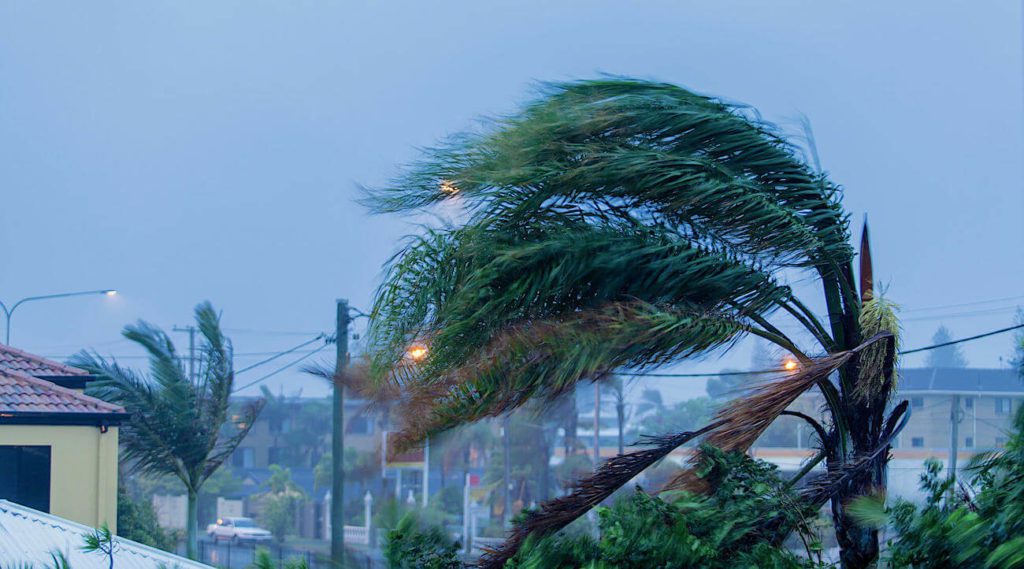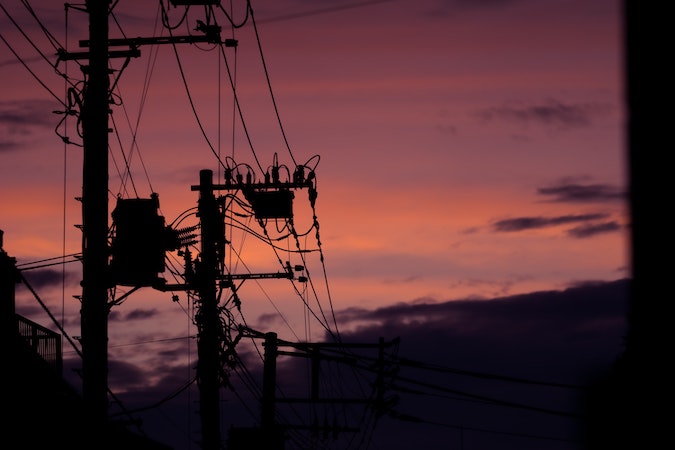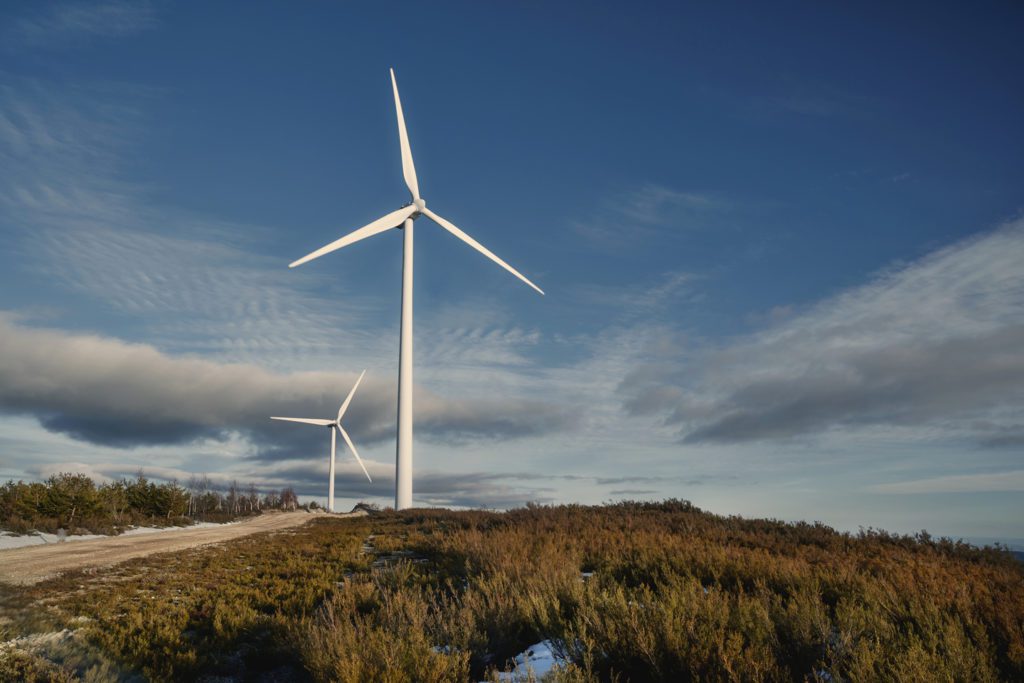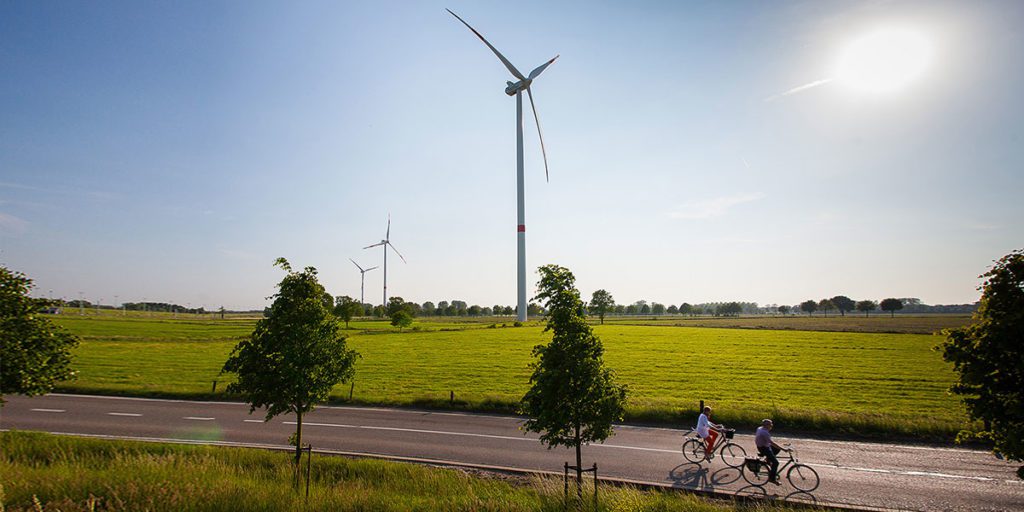A windstorm rages outside as I lay in bed.
Not more than ten feet next to our house a giant douglas fir tree shakes, dropping large branches, causing me to question the sanity of building so close to something that could destroy a house with the drop of a branch.
The lights flicker as power goes in and out, drifts of snow blow this way and that. With my two young boys downstairs and my wife asleep, I’m alone with my thoughts, thinking worst case scenarios and conjuring images of destruction.

Kaboom! A series of explosions sends sparks flying, and then…darkness. Sirens blare as I open my shutters and look out the window, I see no lights from other houses. I tap my phone and check the news; the whole city has gone dark. The entire grid system has been wiped out with no hope for a quick fix. While social media blows up with worst case scenarios and panic, I head to my garage to look around. And then it hits me, I’m prepared for what’s ahead knowing I have an entire room full of camping and backpacking equipment ready to go at a moment’s notice.
When the power grid failed in Texas in February 2021, the rest of the country began wondering if the same thing could happen to them. It set off a flurry of scrambling for essentials, stocking up on survival goods and gadgets. Prepping, basically.
It left me wondering, what do we really need to survive an extended loss of power for multiple days, especially in tough conditions like what Texans faced? And how did my love of camping prepare me for it?
 Severe weather-related power outages have doubled in the US in the past 20 years. Photo: Natsuki/Unsplash
Severe weather-related power outages have doubled in the US in the past 20 years. Photo: Natsuki/Unsplash
The base level for survival comes down to having food, water, clothing, sleep, and shelter. For some people, feeling prepared to meet these needs in this scenario means having items specifically set aside, just in case. Dozens of cans of food and sacks of dried goods, 50 gallons of water, warm clothes in bins, and a stack of blankets would do the trick. Acquiring what’s necessary for survival and putting it in storage. But I don’t really have the space (or the money), to build a unique disaster preparedness kit that I’ll probably never use.
But also, I already have one. It’s called my camp kit.
As a dedicated camper, I have an inordinate amount of gear, which gives me confidence should I need to use it to survive living off the power grid. Walking into my garage I see a row of sleeping bags, multiple tents and sleeping pads, bivy sacks, and a rain tarp. I have canisters of propane and white gas for multiple camp stoves. I have a bin of freeze-dried meals and a shelf dedicated to water filters and iodine drops for treating unsanitary water. I have campsite solar to power my lights and headlamps full of batteries and a closet full of down puffies and parkas.

A love of camping can make you see the natural resources that your own neighborhood may have to offer that would come in handy in case of emergency. The creak nearby with year-ling trout residents would be a great resource for my fly rod. The trees on my property could provide firewood for staying warm, and my camp hatchet would be the tool for the job.
Beyond having the necessary gear, I feel mentally prepared for an extended loss of power because of the challenging situations I’ve been through while adventuring outside. Backpacking, climbing, skiing, canyoneering, and kayaking: lots can go wrong, get scary real fast, and you’re relying solely on your wits when shit hits the fan. I think I’ve built up the mental fortitude needed to face a survival situation. At least I hope.

By being comfortable sleeping outside, trekking through the woods and the mountains, relying only on the items carried in my backpack, we’re at least slightly more prepared to stay alive no matter what the elements throw at us. I have faced near disasters in the wilderness; being stuck out for an unplanned night, avalanche close calls, and route-finding errors gives me the confidence to persevere.
The hours turn into days and the power remains black. I make a mental note of a few items I should restock on and some gear I should update when this is all over. I stand on my street thinking of my neighbors, feeling lucky for what I have—what it takes to survive a natural disaster simply because I love to play outside.
At least I hope.
